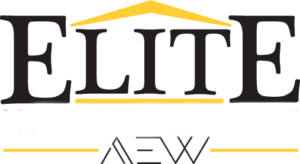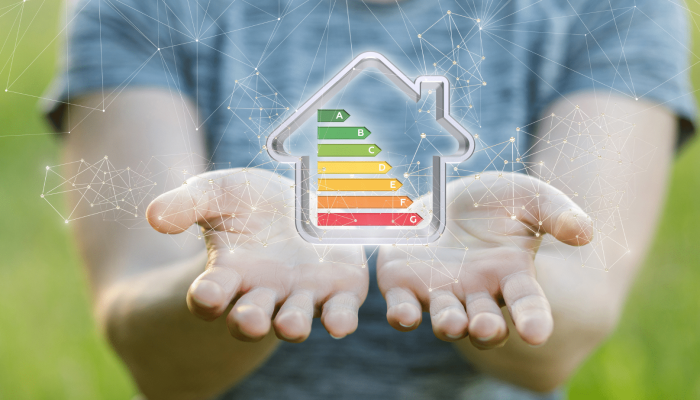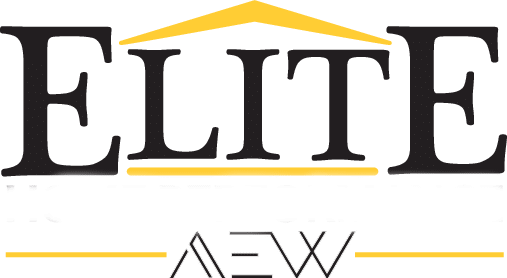Let’s face it, the cost of electricity is continuing to rise. According to Statista, residential energy costs rose 10.70% from 2021 to 2022. While this may not seem like a significant increase, when you compound escalating energy costs year over year, your utility bill may feel difficult to pay. As a consumer, you cannot control the cost of electricity but reducing your energy consumption and making your home more energy-efficient is an excellent place to start. Here are two of the best home improvements you can consider making for a more energy-efficient home:
Insulation:
As much as 70 percent of the energy you pay for is used to heat and cool your home. Insulating can slow the flow of heat into or out of the home. Since heat moves from molecule to molecule, it travels more quickly through dense materials than through loose materials. Dense materials, such as wood and metal, are called conductors, while loose materials, like fiberglass and plastic foam, are called insulators.
A material’s resistance to heat flow is called its resistance value or R-value. Placing high R-value insulation in the cavities of your home slows the flow of heat through walls, floors and ceilings. The higher the R-value, the more effective the insulation. For example, heat flows through an R-8 wall twice as fast as through an R-16 wall.
Most homeowners focus mainly on insulating the attic, however, walls, floors, crawl spaces and the basement should also be included to conserve energy.
Sealing Air Leaks:
Valuable heated air rises in your home, forcing its way out through cracks and openings. Colder air then is drawn into the home to replace the warm air that escaped. The end result? You feel drafts and see higher energy bills.
Air leaks aren’t limited to windows, doors, and walls. Air can travel through cavities between interior and exterior surfaces until it finds an outlet. These are called bypasses. These indirect leaks, often found in attics and basements, can be the largest source of energy waste in your home.
Bypasses are difficult to locate and may require a professional to locate and correct. It is important to seal air leaks throughout the house before adding insulation. However, before you begin sealing air leaks, make sure you have an adequate combustion air supply for your furnace and hot water heater to prevent serious back-drafting problems caused by overtightening your home.
Air leaks in your home can waste a lot of energy. Seal gaps and cracks around doors, windows, and other openings with weatherstripping and caulking.
Where to Start
The exact amount you can save will vary depending on factors like the size and layout of your home, materials used, and local energy prices. To get a more accurate estimate of potential savings, it’s advisable to consult with a professional energy auditor in your area who will perform an energy assessment of your home.
This review gives a report on the current condition of your home using state-of-the-art tests, including thermal imaging and a blower door test to evaluate the air leakage of your home. It shows your home’s energy usage across its heating, cooling, electrical and hot water systems, and how much of this consumption is wasted. Most importantly, it includes recommendations on ways to increase your home’s energy usage through insulation, air sealing, HVAC upgrades and other energy-saving methods.
In addition to lower utility bills, you can enjoy increased comfort levels, improved energy efficiency, and better indoor air quality. The best part is that many rebates and incentives are available through your utility company to possibly offset the cost.
Before starting any home improvement project, it’s a good idea to calculate the potential return on investment and prioritize projects based on their cost-effectiveness and your specific needs. Additionally, check for available energy efficiency incentives and rebates in your area, as they can help offset the initial costs of these improvements. One such example is PPL’s Deep Energy Retrofit which offers rebates and incentives based on the project you complete.
What do you have to lose – except maybe ever-increasing utility bills?






